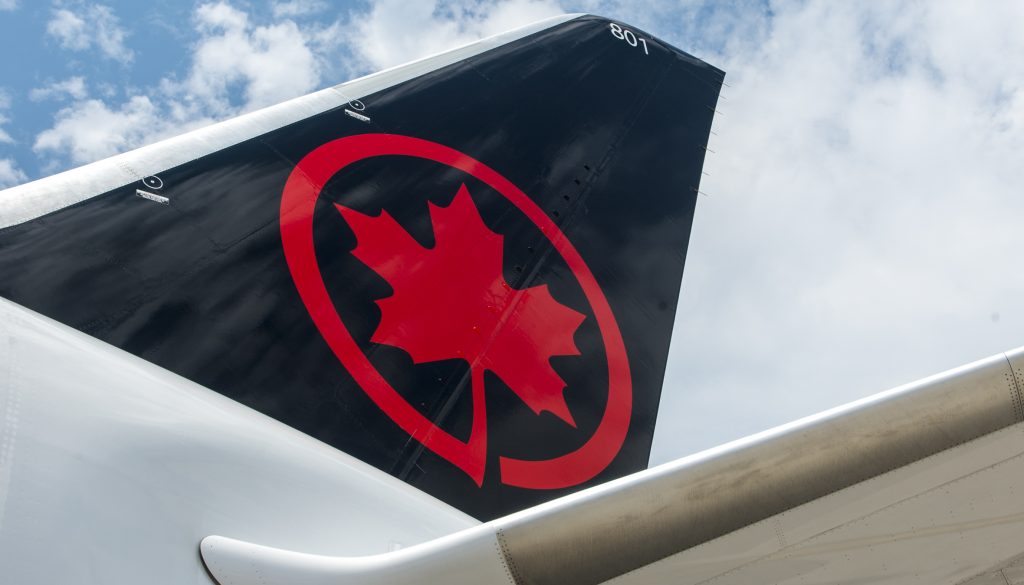Federal government to require vaccinations for commercial air, train passengers by Oct.

Posted August 13, 2021 12:54 pm.
Last Updated August 13, 2021 3:37 pm.
Canada says it will soon require all federal public servants to be vaccinated against COVID-19 and extend its vaccine requirement to travellers on commercial flights, interprovincial passenger trains and cruise ships.
“We need to reach as many Canadians as we possibly can,” said Transport Minister Omar Alghabra.
The announcement covers all commercial air travellers and passengers on interprovincial trains and large marine vessels with overnight accommodations, including cruise ships, that will require full, mandatory vaccinations.
There will be exemptions, such as medical and for children under the age of 12.
“Vaccine requirements in the transportation sector will help protect the safety of employees, their families, passengers, their communities and all Canadians,” Alghabra says. “And more broadly, it will hasten Canada’s recovery from the COVID-19 pandemic.
As an example, if you are flying from Toronto to Vancouver by the end of October, all staff and passengers on your flight will be required to be vaccinated.
The feds have already allowed fully vaccinated Americans to come north of the border when it comes to leisure travel. Beginning September 7, fully vaccinated international travellers can enter the country.
For essential travellers coming into Canada, they will be allowed entry if they’re unvaccinated, but if they plan on travelling within the country, they must have two shots.
Canada’s government also announced Friday that it’s requiring all of its federal public servants to be fully vaccinated against COVID-19 moving forward.
BREAKING: Federal government to require COVID vaccinations for commercial air passengers, & travelers on interprovincial rail & large marine vessels. Workers in federally regulated transport sector will also have to be vaccinated. Take effect no later than end of Oct #cdnpoli
— Cormac Mac Sweeney (@cmaconthehill) August 13, 2021
Workers in the federally regulated transport sector will have to be vaccinated. Those new rules are expected to go into effect no later than the end of October.
Jennifer O’Connell, the parliamentary secretary to the minister of health, says millions of Canadians have stepped up to get vaccinated, and the government is going one step further to ensure workplace safety.
“This is about ensuring, as an employer, that we’re also creating safe workplaces for our employees,” she said.
“And making sure that the employees feel comfortable and safe going to work. And as it’s already been said, there will be exemptions for people that cannot receive a vaccine for medical reasons.”
Earlier this week, Canada’s ministers announced they’re currently working on vaccine credentials for international travel.
Marco Mendicino, Minister of Immigration, Refugees and Citizenship, said Wednesday the vaccine documents will be available to permanent and temporary Canadian residents fully protected against the virus.
The document, or “passport,” will include the resident’s vaccination history, including the type of vaccines they received, the date and precise location.
At last count, nearly 82 per cent of Canadians 12 and older have had at least one dose of vaccine, while 70 per cent have been fully vaccinated.
With files from The Canadian Press, Reuters










